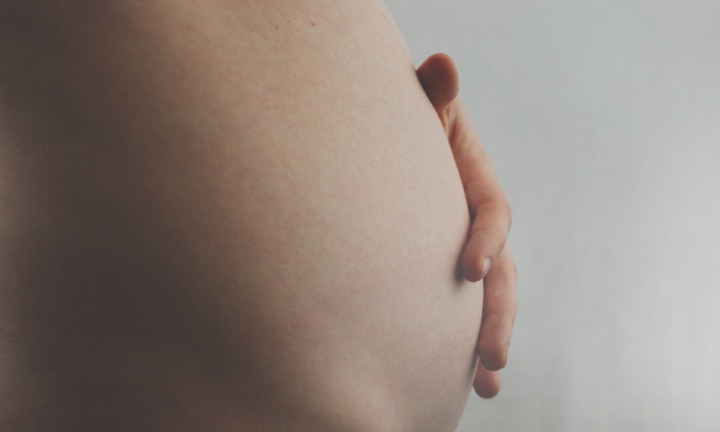Saliva Pregnancy Symptom
Kate chandler july 04 2017.
Saliva pregnancy symptom. The most obvious early symptom of pregnancy and the one that prompts most women to get a pregnancy test is a missed period. Signs of pregnancy 13 excess saliva. Nausea may prevent you from swallowing leading to an excessive build up of the saliva. Perhaps the weirdest early pregnancy symptom is a persistent metallic taste in the mouth that lingers even after eating food.
Producing more saliva can also be related to heartburn which is common during pregnancy. Food cravings and aversions. Producing more saliva than expected which may seem unappetising but can happen at around 6 weeks gestation. After falling pregnant many women notice they produce more saliva.
The hormone changes that happen during pregnancy can cause you to develop thicker saliva. The contents of your stomach are acidic and can irritate your esophagus when they back up. This is a common symptom that you will experience in the first few weeks of pregnancy. Many women have reported this early sign of pregnancy without understanding where it came from or why it was happening.
But not all missed or delayed periods are caused by pregnancy. Morning sickness that is severe and lasting longer than usual is called hyperemesis gravidarum 3 4. Saliva build up in the mouth early in pregnancy sometimes called ptyalism gravidarum is one of those strange pregnancy symptoms some moms to be experience though it s relatively rare and most often reported by women who also have morning sickness. Exposure to toxins such as mercury.
As the blood supply increases the slight swelling of the nasal passages can lead to congestion. Certain tranquilizers and anticonvulsant drugs. Some experts believe hormonal changes occurring in the body could be one cause. About this symptom increased saliva.
Women who are suffering from nausea also tend to swallow less which may cause a build of up saliva in the. Temporary hypersalivation is usually caused by. Excessive salivation also known as ptyalism can occur in early pregnancy although the reason for it is not fully known.




